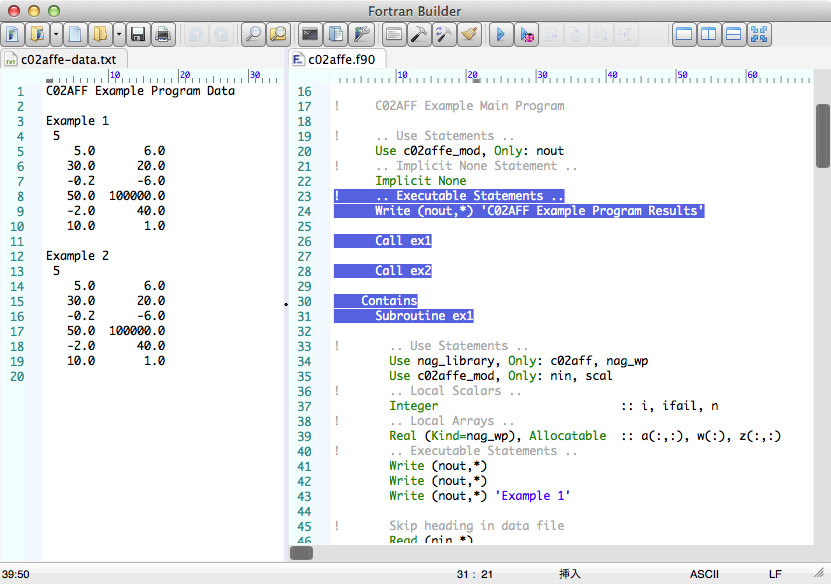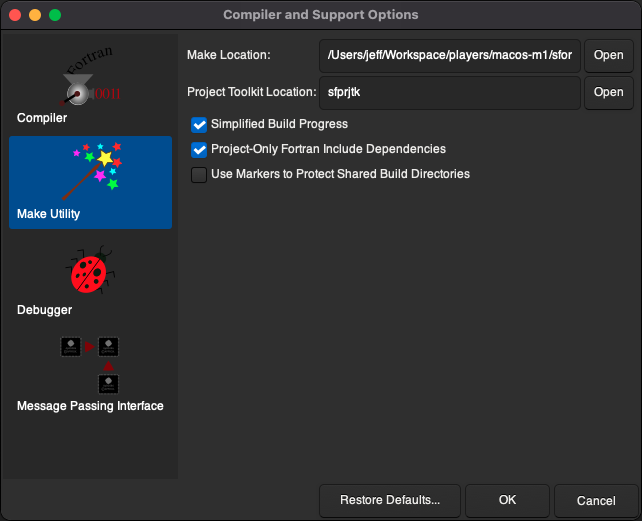

This is very useful to quickly find your way in large source distributions. You can configure doxygen to extract the code structure from undocumented source files. The documentation is extracted directly from the sources, which makes it much easier to keep the documentation consistent with the source code.

There is also support for generating output in RTF (MS-Word), PostScript, hyperlinked PDF, compressed HTML, and Unix man pages. It can generate an on-line documentation browser (in HTML) and/or an off-line reference manual (in ) from a set of documented source files. Doxygen also supports the hardware description language VHDL. In my experience, things start to act funny after a while.Doxygen is the de facto standard tool for generating documentation from annotated C++ sources, but it also supports other popular programming languages such as C, Objective-C, C#, PHP, Java, Python, IDL (Corba, Microsoft, and UNO/OpenOffice flavors), Fortran, and to some extent D. Note: I recommend starting containers afresh and pruning them frequently. (since I make use of python I also need to) pip install tornadoĤ- Create an image with your changes (named “myimage”) docker commit firstcontainer myimageĥ- Here is how to run a container mounting a local directory to the system docker run -it -name secondcontainer -v /path/to/directory/to/mount:/root/path/to/somewhere/inside/container myimageĦ- Here is to bash (not really, but good enough) into an existing container docker exec -it secondcontainer bashħ- Other useful commands i keep forgetting docker container pruneĨ- Need a debugger? It’s there, only hidden, it took me navigating the whole tree until I found out it’s gdb-oneapi at your pleasure), for example, apt-get updateĪpt-get install -y byobu curl git htop man unzip vim wget



 0 kommentar(er)
0 kommentar(er)
